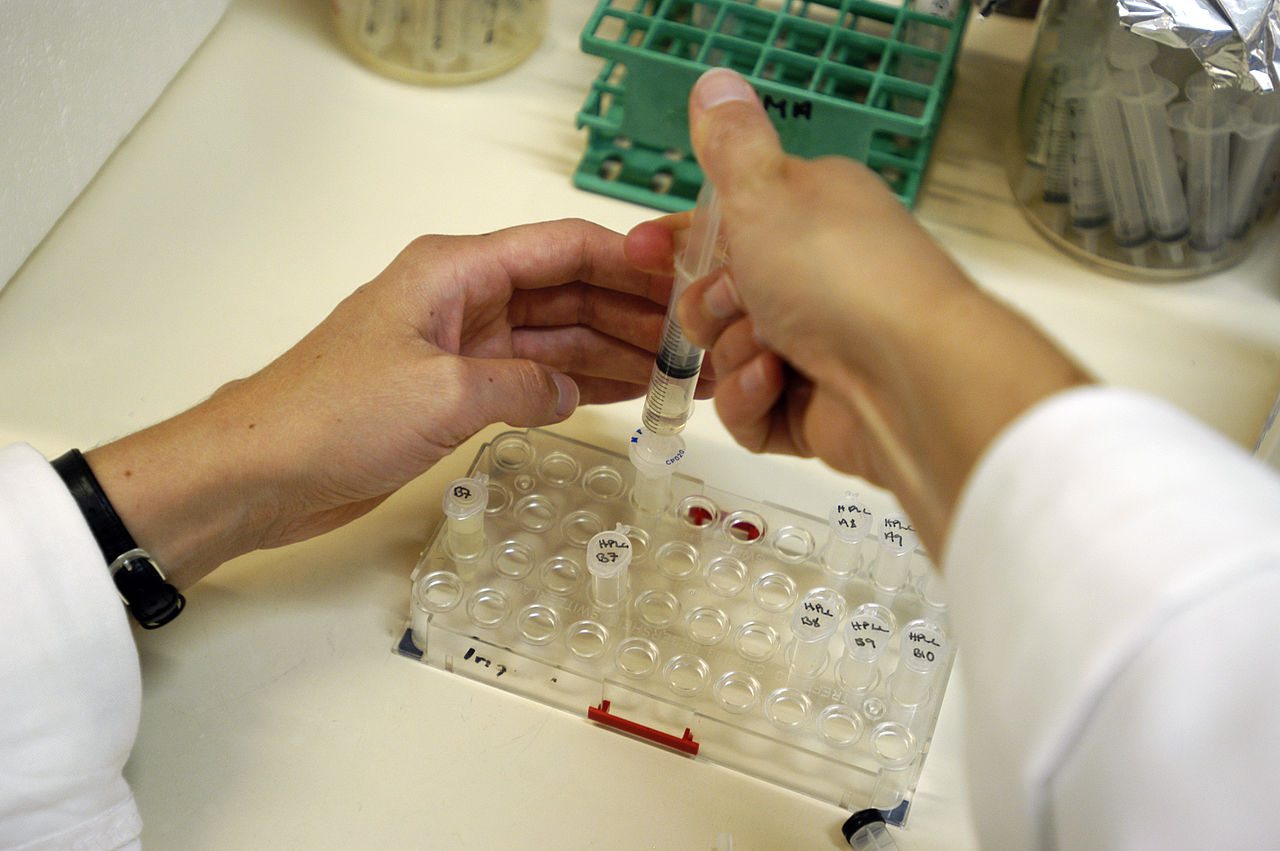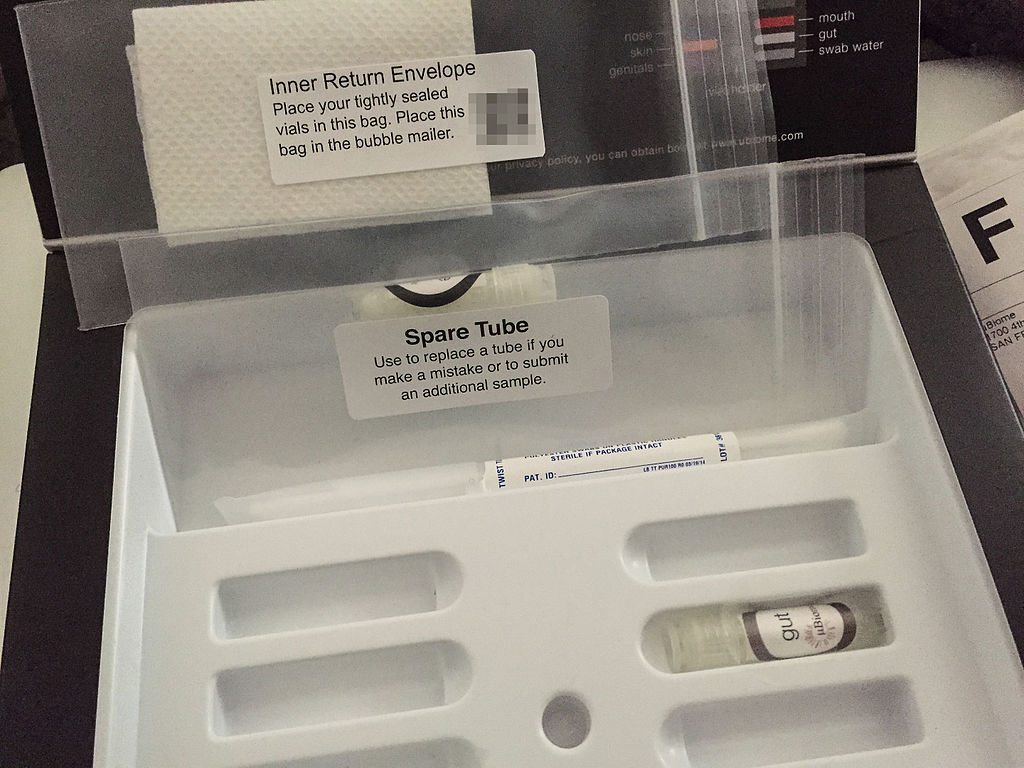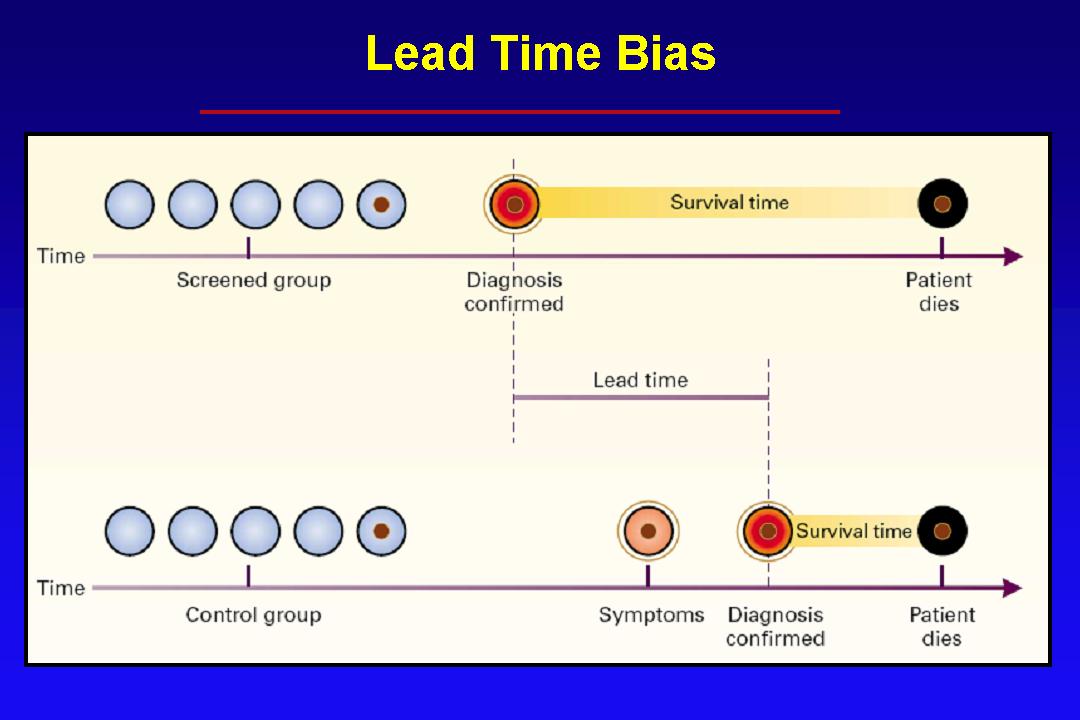Category: Diagnostic tests & procedures

A Skeptical Look at Screening Tests
Not all screening tests are worth taking. And in particular, some screening tests are worthless.

Meet Your Microbes: uBiome Offers New Service
We are not alone. Walt Whitman didn’t know how right he was when he said, “I contain multitudes.” The microbes on and in our bodies outnumber our own cells 10:1. Perhaps that creeps you out. Perhaps that makes you curious to know just who all these billions of creatures are that are using your body for a home and a transportation device....
Will Your Smartphone Become a Tricorder?
The Star Trek universe is a fairly optimistic vision of the future. It’s what we would like it to be – an adventure fueled by advanced technology. In the world of Star Trek technology makes life better and causes few problems. One of the most iconic examples of Star Trek technology is the medical tricorder. What doctor has not fantasized about walking...
Too Much Information!
Some people would like to manage their own health care without having to depend on a doctor. They consult Google, diagnose themselves, and treat themselves. The Do-It-Yourself trend in lab tests continues apace. Without a doctor’s order, patients can get legitimate and/or questionable lab tests directly from various companies such as Any Lab Test Now and Doctor’s Data (which has sued Stephen...

Once more into the screening breach: The New York Times did not kill your patient
Dr. George Lombardi thinks that he could have saved a patient from dying of prostate cancer if a prostate specific antigen test had been done. Is he right? Probably not.
Nutrigenomics – Not Ready for Prime Time
Quackery in medicine takes many forms – use of bad science (pseudoscience), fraud, and reliance on mysticism are a few examples. Perhaps the most insidious form of dubious practice, however, is to use genuine and promising medical science to promote treatments that are simply not at the point of clinical application. New treatments, and especially new approaches to treatment, in medicine often...
A holiday round in the mammography debate
There are times when the best-laid blogging plans of mice and men often go awry, and this isn’t always a bad thing. As the day on which so many Americans indulge in mass consumption of tryptophan-laden meat in order to give thanks approached, I had tentatively planned on doing an update on Stanislaw Burzynski, given that he appears to have slithered away...
Clinical Practice Guidelines: Cholesterol Tests for Children?
The American Academy of Family Physicians journal American Family Physician (AFP) has a feature called Journal Club that I’ve mentioned before. Three physicians examine a published article, critique it, discuss whether to believe it or not, and put it into perspective. In the September 15 issue the journal club analyzed an article that critiqued the process for developing clinical practice guidelines. It discussed...
Mouse “avatars”: New predictors of response to chemotherapy?
Over the years, I’ve written a lot about “personalized medicine, mainly in the context of how the breakthroughs in genomic medicine and data pouring in from the Cancer Genome Atlas is providing the raw information necessary for developing truly personalized cancer therapy. The problem, of course, is analyzing it and figuring out how to apply it. Another problem, of course, is developing...
The mammography wars heat up again (2012 edition)
One issue that keeps coming up time and time again for me is the issue of screening for cancer. Because I’m primarily a breast cancer surgeon in my clinical life, that means mammography, although many of the same issues come up time and time again in discussions of using prostate-specific antigen (PSA) screening for prostate cancer. Over time, my position regarding how...

